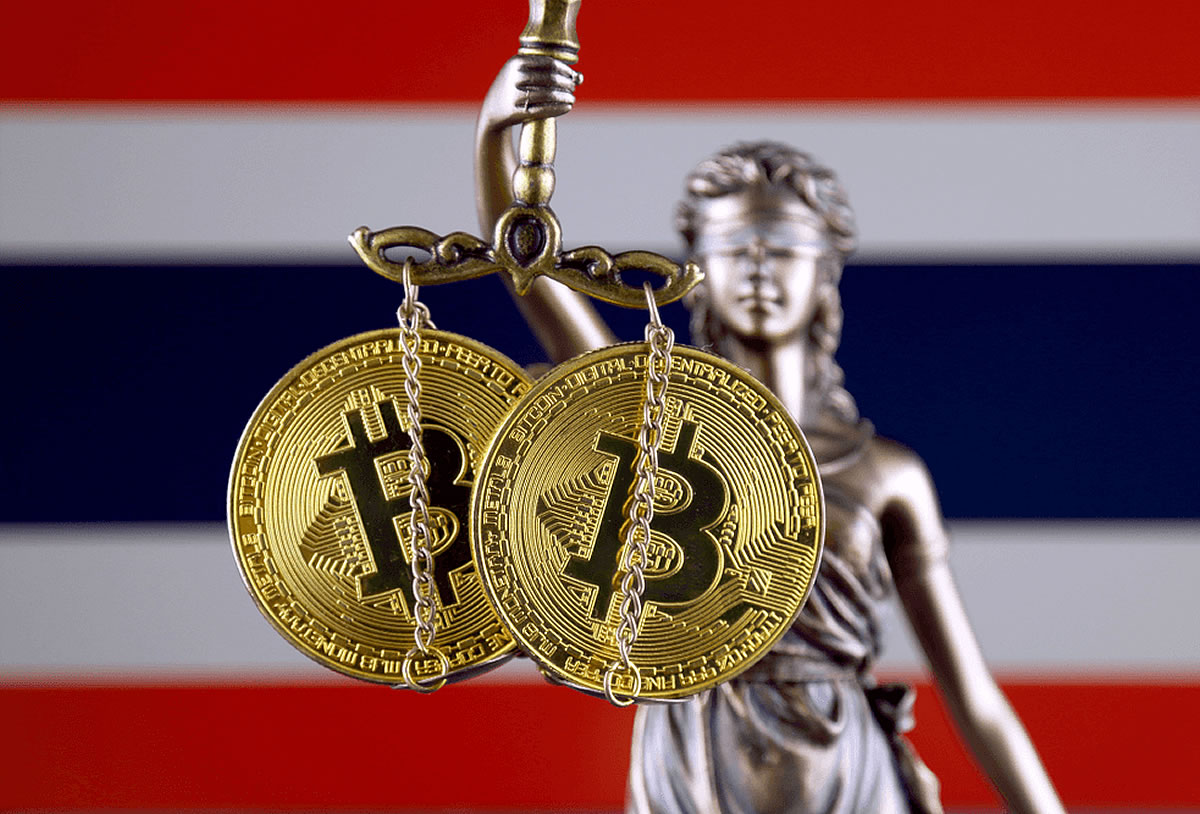Thailand Looks to Crypto for Tourism Boost and Financial Reform
28.05.2025 10:00 2 min. read Alexander Stefanov
Thailand is preparing to weave digital assets into its tourism and financial infrastructure, starting with a pilot program that would let visitors pay in crypto through card-linked platforms.
The initiative, still under government review, would allow foreign tourists to spend their digital currencies seamlessly, with merchants receiving Thai baht without being exposed to crypto volatility.
Finance Minister Pichai Chunhavajira described the plan as a fast-track path toward modernization, noting that such a system avoids direct pressure on the national currency while offering crypto holders real-world utility during their stay.
Beyond tourism, Thailand is eyeing sweeping reforms to its financial ecosystem. Authorities aim to bridge outdated regulatory gaps between traditional capital markets and the growing digital asset sector. Proposed changes would relax investment restrictions on institutions like life insurers, allowing them to move beyond government bonds into equities and private assets.
The government is also drafting legislation to expand the Thai SEC’s enforcement powers, tighten oversight of high-frequency trading, and improve governance around treasury stock practices.
Meanwhile, Thailand continues to embrace blockchain technology. The finance ministry recently announced a $150 million issuance of digital investment tokens, and a new initiative—G-Tokens—will let retail investors access government bonds in smaller, tokenized units. Regulators have also greenlit stablecoins like USDT and USDC for use on licensed exchanges.
With these moves, Thailand is positioning itself not just as a crypto-friendly destination for tourists, but as a regional innovator in integrating blockchain with traditional finance.
-
1
U.S. House Passes Sweeping Clarity and GENIUS Acts
17.07.2025 23:29 1 min. read -
2
Senate Confirms Crypto-Linked Nominee Jonathan Gould to Head OCC
11.07.2025 9:00 2 min. read -
3
South Korea Urges Asset Managers to Limit Exposure to Crypto Stock Like Coinbase,MicroStrategy
23.07.2025 10:00 1 min. read -
4
U.S. Regulators Define Crypto Custody Rules for Banks
15.07.2025 9:00 1 min. read -
5
Crypto Legislation Moves Forward Amid GOP Infighting Over CBDC Ban
17.07.2025 6:30 2 min. read
American Senator Introduces Bill to Count Crypto in Mortgage Eligibility
U.S. Senator Cynthia Lummis (R-Wyo.) has introduced the 21st Century Mortgage Act, a landmark bill that seeks to modernize federal home loan underwriting by including digital assets in mortgage eligibility assessments.
SEC Approves in-kind Creation and Redemption for Crypto ETPs, Marking Regulatory Shift
In a major development for the U.S. digital asset market, the Securities and Exchange Commission (SEC) has approved in-kind creation and redemption mechanisms for crypto asset exchange-traded products (ETPs), including those tied to Bitcoin and Ethereum.
Hong Kong to Launch Stablecoin Licensing Regime on August 1, 2025
The Hong Kong Monetary Authority (HKMA) has officially released documentation outlining its upcoming stablecoin issuer licensing framework, which is set to take effect on August 1, 2025.
Nigeria Signals Greenlight for Stablecoin Innovation Under New Regulatory Vision
Nigeria is taking a decisive step toward embracing stablecoin adoption, as the country’s Securities and Exchange Commission (SEC) outlined its readiness to support digital currency innovation—under clear regulatory conditions.
-
1
U.S. House Passes Sweeping Clarity and GENIUS Acts
17.07.2025 23:29 1 min. read -
2
Senate Confirms Crypto-Linked Nominee Jonathan Gould to Head OCC
11.07.2025 9:00 2 min. read -
3
South Korea Urges Asset Managers to Limit Exposure to Crypto Stock Like Coinbase,MicroStrategy
23.07.2025 10:00 1 min. read -
4
U.S. Regulators Define Crypto Custody Rules for Banks
15.07.2025 9:00 1 min. read -
5
Crypto Legislation Moves Forward Amid GOP Infighting Over CBDC Ban
17.07.2025 6:30 2 min. read


